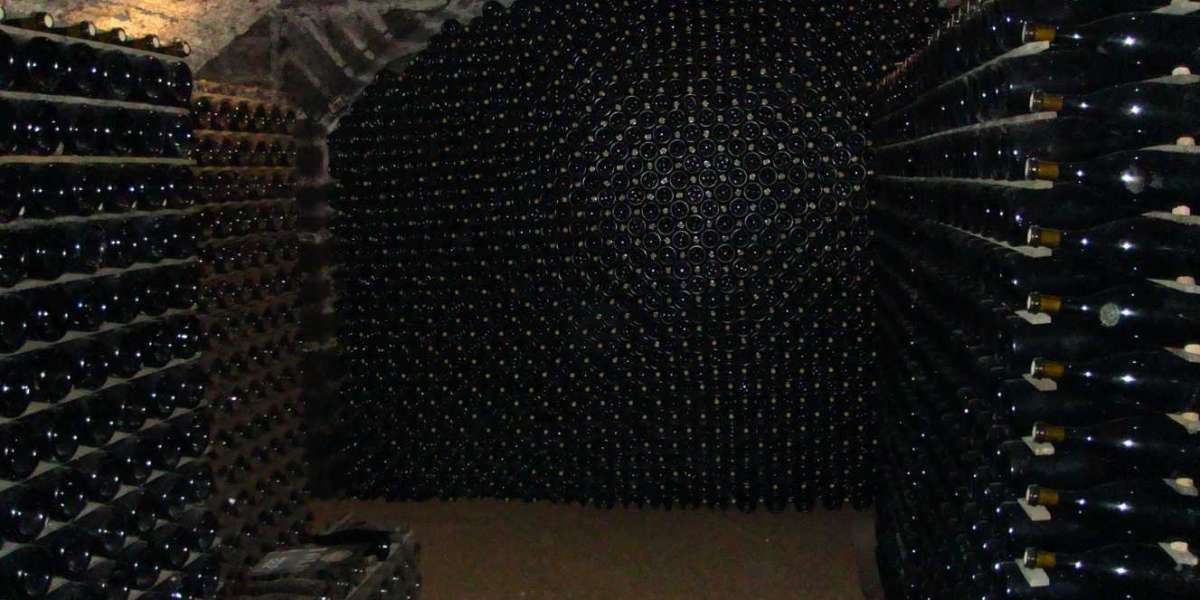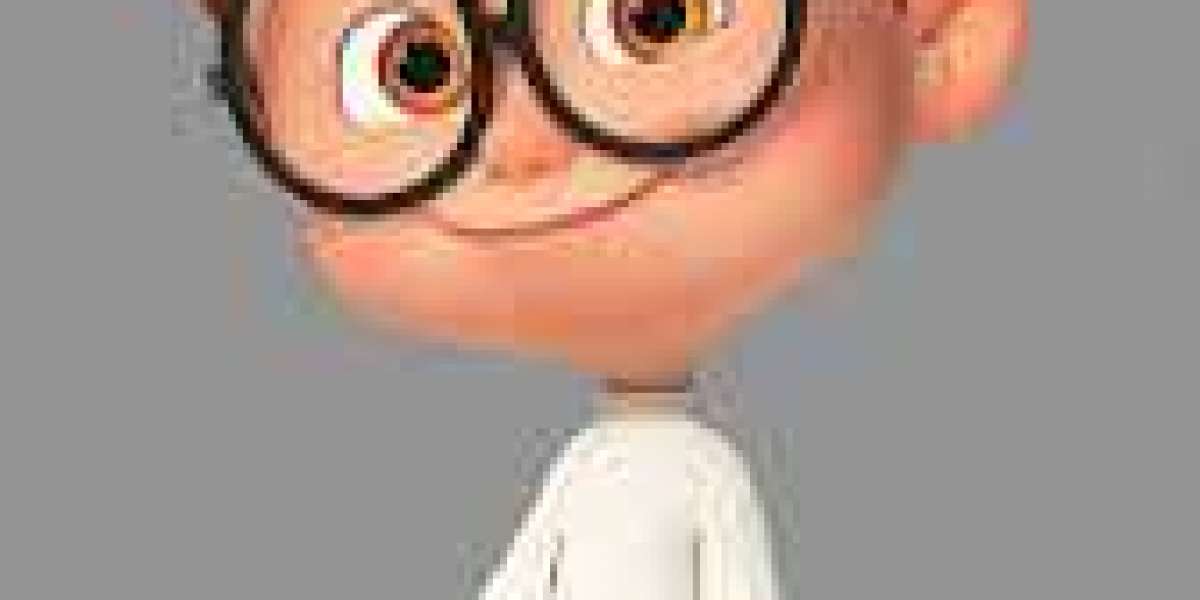If you love wine, you probably want to know how to store it properly. As we know, if we have an ageable red wine bottle and create a good environment for maturing, the reward will be exceptional and extraordinary bougets. But, before we get into the essentials of storing wine, you'll need an ageable wine, which you can obtain from an online wine store.
Aging wine has always been popular and prized until Romans matured wines in catacombs or sealed amphoras, and these wines were known for their high values. Ancient Greeks used terebinth resin to preserve their wines, and tree resins were used to tighten the seals. Ports and Sherries were fortified to last more during their trade journey. After the invention of cork closure and the widespread use of sulfur dioxide as a preservative, aging wine became more popular worldwide.
Wine is a delicate beverage, and it needs to be treated with care. In this blog post, we'll cover seven basic tips for storing your wine collection. By following these simple tips, you can be sure that your wine will taste great for years to come.
Temperature
Temperature is obviously the most important factor in aging. Imagine the wine cellars; they are underground, with very steady cool temperatures all around the year with little or no fluctuation irrespective of the season. Wine has to be aged slowly; according to many experts, 55-60F is the optimal temperature for a good maturation rate. This temperature is the same as underground wine cellars. Warmer temperatures mature the wine very rapidly and shorten the life span dramatically for sure. An increase of 18F after 55F results in two times faster maturation, which may result in undesired chemical reactions. But on the other hand, under 55F is also too low to mature wine and almost limits some reactions; this explains why we should store our opened wines in a refrigerator at around 40F. Temperature swings – like very high and low-temperature conditions are detrimental, excess swings in temperature could easily spoil your wine too. We need to keep in mind that places like our kitchen have a huge temperature variance. Rapid changes always deteriorate the wines’ flavor complexity; this includes putting the wine in a very cool area like a freezer to speed up the cooling process before serving.
Light
Light is very harmful to the wine also in the aging process, especially to vulnerable white wines. The direct light heats the wine and causes unwanted chemical reactions and very unpleasant aromas. Even if wine bottles are colored, and white wine bottles are darker, this is not enough to stop the light, so there’s a need to store them in dark areas.
Position of the Bottle
The position of the bottles in the aging period is crucial unless the wine is screw-capped. If the bottle is kept horizontal, the cork will be in contact with the wine and moistened. This contact will avoid the cork from drying out because dried corks shrink and become susceptible to excess oxygen contact. When it comes to storing sparkling wines, whether horizontal or upright, different views arise because the bottle's pressure could keep the cork humid. But if you plan to store it for more than a few months, the best way is storing horizontally like still wines.
Vibration
The process of aging wine is completely chemical and very sensitive, and attention is required. Fluctuations can change or break the fragile chemical reactions and move the sediment in the bottle.
Humidity
Humidity is an actor related to the cork but a controversial relation. We keep the wine horizontal to hydrate the cork and prevent oxidation because of the lessening seal, which spoils the wine. While storing horizontally, the wine only hydrates in one direction of the cork, and the humidity at the cellar hydrate the top of the cork. Wine experts’ general thought is if you are not going to age the wine for more than ten years, humidity is not crucial. We need to keep in mind that high humidity doesn’t spoil the wine, but rather the label unless it’s in excess conditions. Also, it may create some mold on the cork too. 70% relative humidity is known as optimum, too dry environment causes the wine to evaporate more, which causes more ullage and results in oxidation.
The Right Storing Time
Wines suitable for long aging are only the premium ones that have an outstanding balance between their actors such as acidity, tannin, alcohol level, and sugar. wine is a living thing and has a life span – that wine is born, matures, and can die. If it has passed the hill, its aromas decrease, and so the value decrease is inevitable. This means that a 20-year-old wine may cost more than the same 30-year-old one. Therefore, collectors buy more than one wine to age; they open the bottle within a certain period and check the potential whether it's ready to drink or still improving.
Wine Coolers
If you don’t have an underground cellar or can’t build a cellar with a cooling unit wine cooler is the best idea. Wine coolers are the best for home conditions; they are designed to store bottles on their sides at constant temperatures with UV protective dark doors with low vibration. However, need to keep in mind that some wine storage is designed to be more decorative than functional.
We hope that you have learned some basic ideas about how to store your wine from our post and can enjoy it in the years to come. But don’t forget to choose a premium red wine bottle while you are in a wine store.
Source by- https://medium.com/@bottlebarn/seven-wine-storage-basics-de66fc70ee3f








